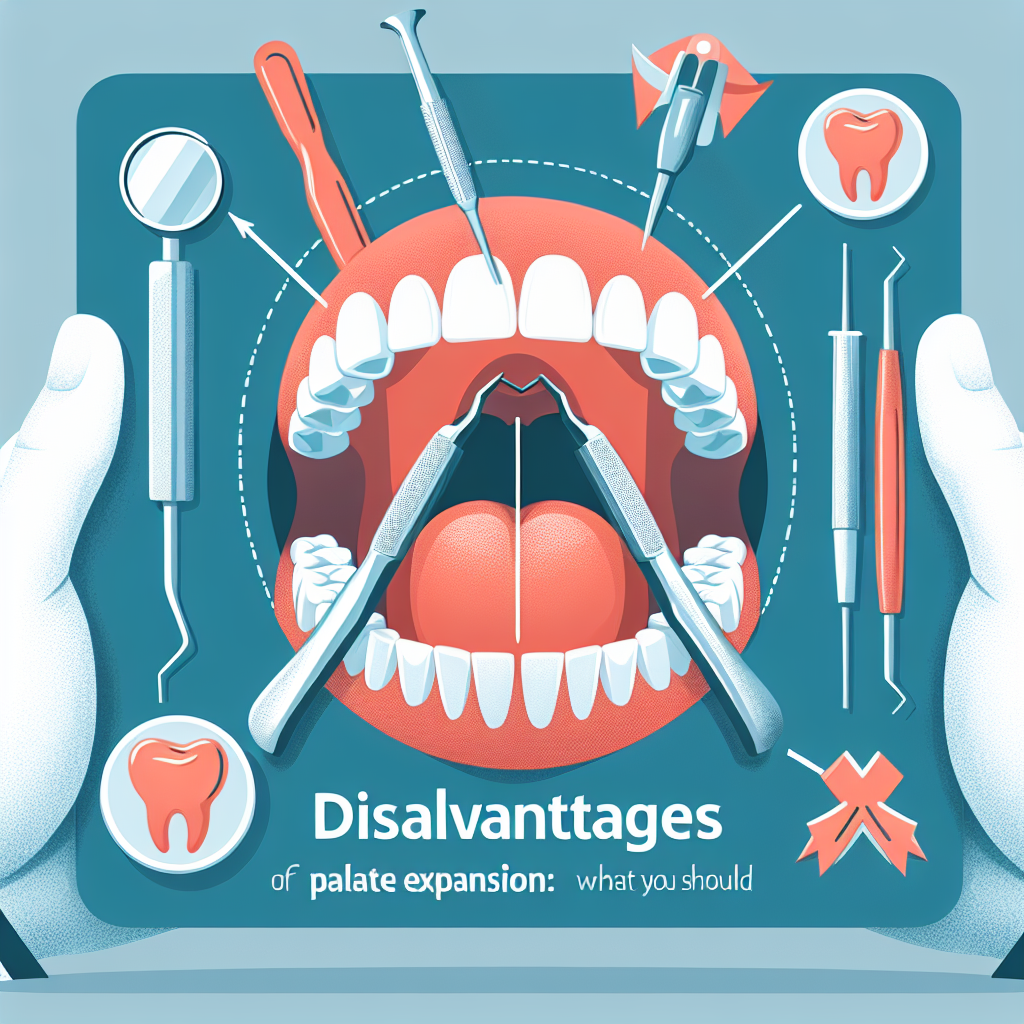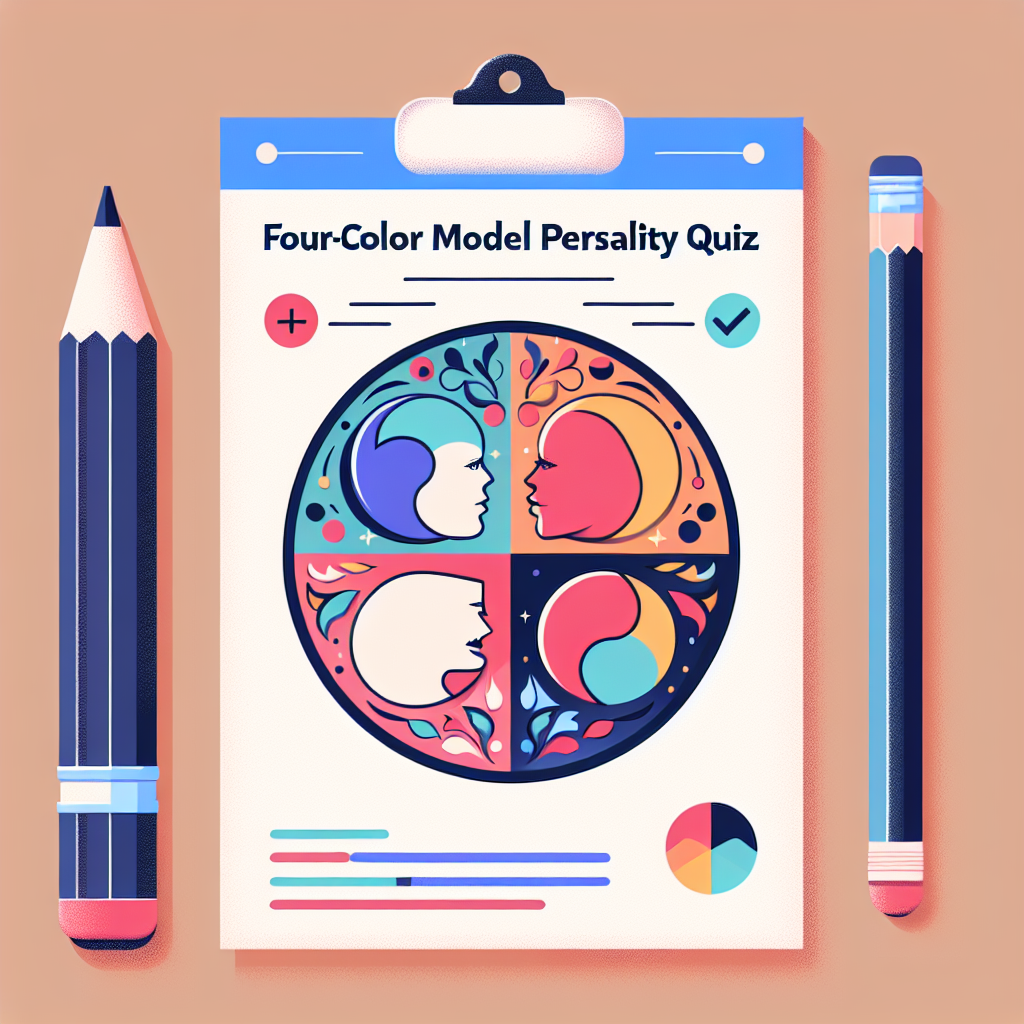Understanding Low Blood Pressure at Night: Causes, Symptoms, and Management
Low blood pressure at night can be concerning for many individuals. This article delves into the specific factors that contribute to 'niedriger blutdruck nachts', exploring its implications, causes, and effective management strategies.

What is Low Blood Pressure at Night?
Low blood pressure, or hypotension, is classified as having a blood pressure reading below 90/60 mmHg. When this occurs during the nighttime hours, it can lead to a range of symptoms and consequences that may affect overall health and well-being. Understanding the specific context of niedriger blutdruck nachts is key to addressing potential health concerns.
Causes of Low Blood Pressure at Night
There are several physiological and environmental factors that can contribute to low blood pressure during the night:
- Sleep Position: The position in which you sleep can affect blood circulation. For example, lying flat can sometimes exacerbate low blood pressure.
- Medications: Certain medications, particularly those for hypertension or heart conditions, can cause a drop in blood pressure when taken before bedtime.
- Dehydration: Fluid intake is typically less during the night. Insufficient hydration can lead to lower blood volume and, subsequently, lower blood pressure.
- Underlying Health Conditions: Conditions such as diabetes, adrenal insufficiency, and some neurological disorders can result in fluctuating blood pressure levels, particularly at night.
- Nighttime Hormonal Changes: Hormones fluctuate during sleep. Decreased levels of adrenaline at night might contribute to lower blood pressure in some individuals.
Symptoms to Watch For
Individuals experiencing low blood pressure at night may exhibit a variety of symptoms, including:
- Dizziness or lightheadedness upon waking
- Fatigue or feeling unusually weak
- Palpitations or unusual heart rhythms
- Nausea or abdominal discomfort
- Blurry vision or confusion
If you notice these symptoms, especially upon waking in the morning, it’s essential to consult with a healthcare provider.
How to Manage Low Blood Pressure at Night
Managing low blood pressure during the night involves a combination of lifestyle changes, medication management, and regular monitoring. Here are some strategies you can consider:
- Stay Hydrated: Ensure adequate fluid intake throughout the day and consider drinking water before bed to maintain blood volume.
- Adjust Sleeping Position: Elevating your head with an extra pillow can help improve circulation during sleep.
- Medication Review: Consult your doctor to review any current medications that may contribute to low blood pressure and discuss alternatives.
- Dietary Changes: Consuming a balanced diet rich in salts and nutrients may help maintain blood pressure levels. Consult your healthcare provider for personalized advice.
- Regular Monitoring: Keeping a log of your blood pressure readings at different times of the day can help identify patterns and inform your doctor of your condition better.
When to See a Doctor
If you experience persistent symptoms indicative of low blood pressure at night, it is vital to seek medical attention. A healthcare professional can conduct a thorough evaluation, including the following:
- Physical Examination: A detailed physical exam to assess your overall health.
- Blood Tests: To check for underlying health issues such as anemia or hormonal imbalances.
- Blood Pressure Monitoring: Continuous monitoring may be recommended to better understand your blood pressure changes throughout the day and night.
Conclusion
Understanding niedriger blutdruck nachts and its implications is crucial for maintaining good health. By being aware of the causes, symptoms, and management strategies, individuals can take proactive steps to address this issue. If symptoms persist or worsen, it is always advisable to consult with a healthcare professional for a thorough evaluation and appropriate care.
Additional Resources
Neue Beiträge
Sportbefreiung in der Schule: Alles, was Schüler und Eltern wissen müssen
Rechtliche Grundlagen
Milchzahn ziehen: Wann ist es notwendig und wie wird es durchgeführt?
Häufige Fragen
Wie lange sollte man nach Botox-Behandlungen mit dem Sport warten?
Hautpflege
US-Sport: Ein Einblick in die Welt des amerikanischen Sports
NFL - American Football
Entschuldigung vom Sportunterricht: Rechtliche Grundlagen und Tipps für Eltern
Rechtliche Aspekte

Nachteile der Gaumennahterweiterung: Was Sie wissen sollten
Langzeitfolgen
Sport bei Herpes: So bleiben Sie aktiv trotz Ausbruch
Gesundheit
Sport trotz Eisenmangel: Kann man mit niedriger Eisenreserve noch trainieren?
Gesundheit

DAK-Gesundheit: Bankverbindung für Beitragszahlungen und Rückerstattungen
Rückerstattungen
Schritt-für-Schritt-Anleitung zur Änderung Ihrer DAK-Adresse
Tipps und Tricks
Beliebte Beiträge
Blue Sport: Dein ultimativer Guide für Sportstreams und mehr
Live-Übertragungen
Halsschmerzen nach dem Sport: Ursachen, Behandlung und Prävention
Sport und Gesundheit

Lena Kesting: Größe und Gewicht im Detail
Influencer
Prostataverkleinerung durch Sport: Übungen und Tipps für ein gesünderes Wohlbefinden
Fitness
Was ist Koolada? Alles, was du wissen musst!
E-Liquids
Schütze deinen Hodensack: Der ultimative Guide zum Hodenschutz im Sport
Sicherheit im Sport
Durchbruch bleibender Backenzähne: Symptome und Behandlung
Prävention
Der Volkswagen Tiguan Urban Sport: Ein urbaner Abenteurer mit athletischer Note
Technologie
Kadenz im Sport: Bedeutung und Auswirkungen auf Leistung und Erholung
Kadenzdefinition im Sport
Sport-induzierte Übelkeit: Ursachen, Symptome und Strategien zur Vorbeugung
Behandlungsmöglichkeiten